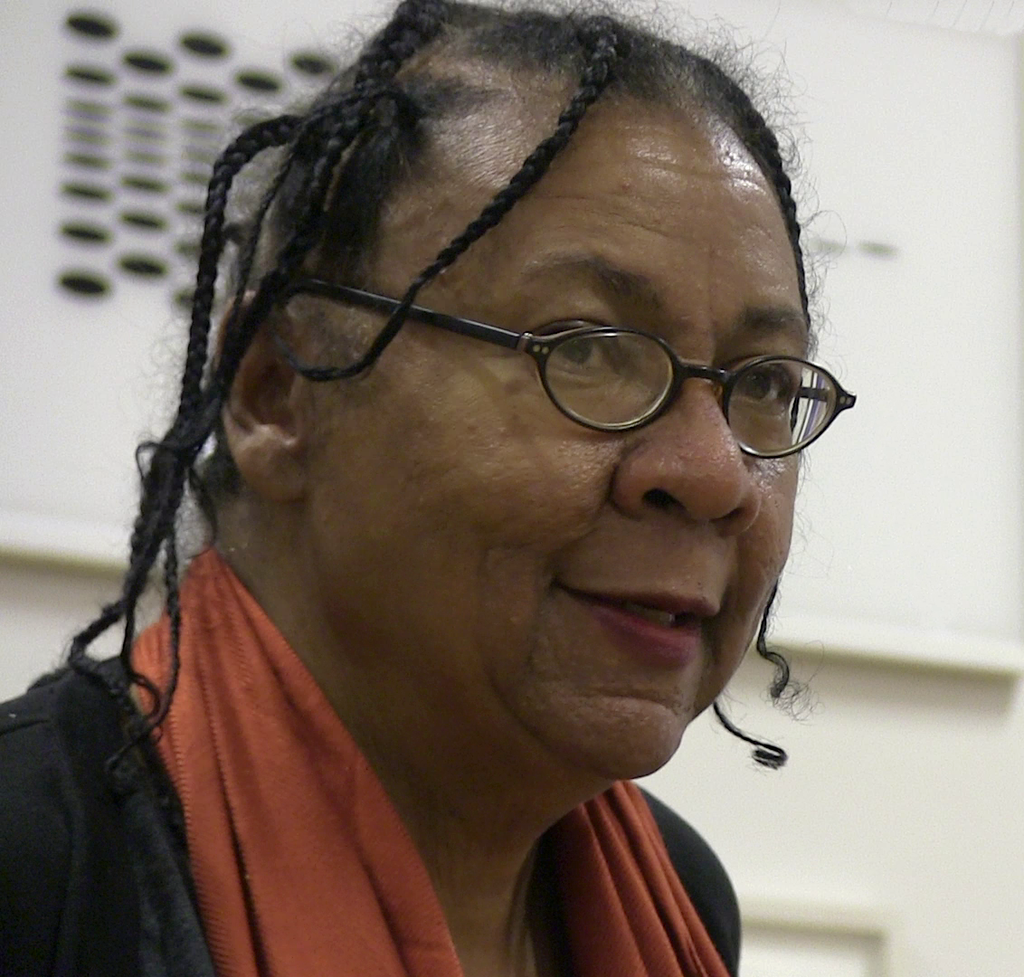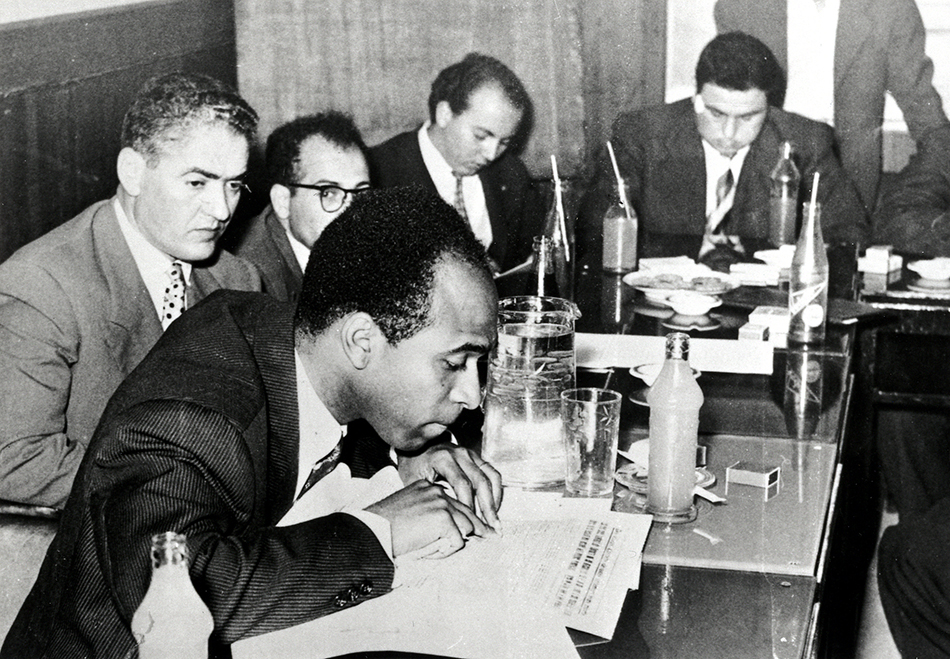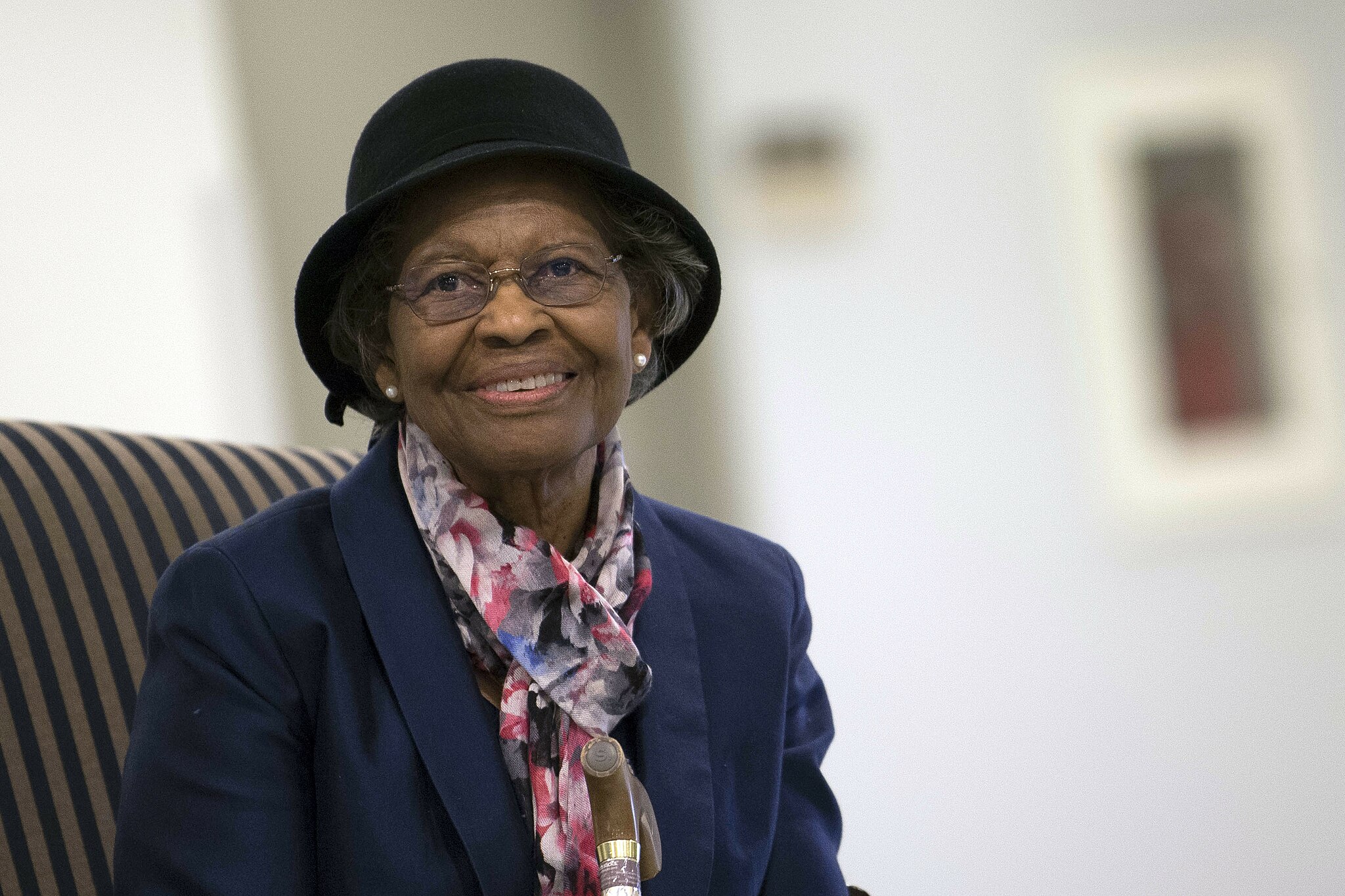bell hooks: poet and academic
bell hooks’ work explored the interaction of sexism, racism and economic disparity. Her seminal work Ain’t I a Woman? was named one of the 20 most influential books published in 20 years. A lifelong activist, hooks insisted that social theory had to speak to and impact the experience of the oppressed to have value: that “our intellectual work will never impact on their lives if we do not move it out of the academy”.













